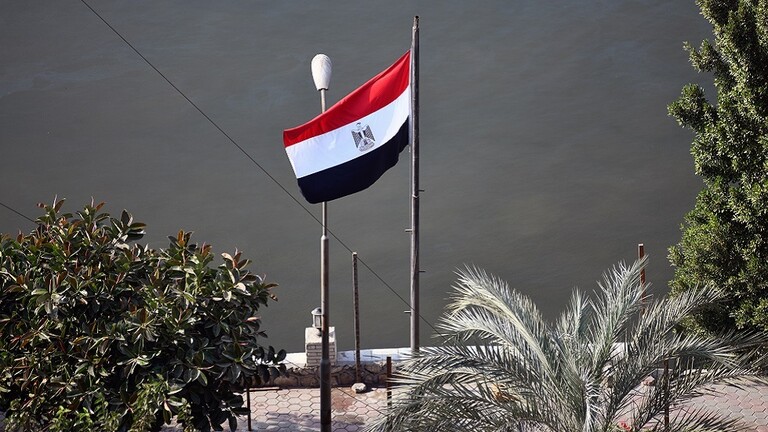
Egypt’s Finance Minister, Mohamed Maait, confirmed that his country will implement a package of financial, monetary and structural measures to deal with the concerns that prompted Standard & Poor’s to adjust the outlook for Egypt’s economy to negative.
The minister stated that Standard & Poor’s decision to keep Egypt’s credit rating in both local and foreign currencies as it is at the “B” level, while adjusting the future outlook from stable to negative for the Egyptian economy, as a result of pressures related to foreign transactions, comes in light of the Egyptian economy’s exposure to difficult external pressures. .
He added that the most important of them relate to the repercussions of the armed conflict in Europe and the subsequent negative economic repercussions globally, including the unprecedented wave of inflation, pointing out that the Egyptian government provides financial support to the groups most affected by the current inflationary pressures.
Maait stressed that Egypt is continuing to implement the economic reform program supported by the International Monetary Fund, explaining that the government will implement a package of financial, monetary and structural measures to deal with concerns related to the high external financing needs of the Egyptian economy, which prompted Standard & Poor’s to amend its assessment, which amounts to According to its estimates, about $17 billion during the current fiscal year and $20 billion during the next fiscal year 2023/2024.
The minister added that the Egyptian government is keen to implement what it announced in December 2022 of structural reforms, especially the offering program, and to attract more foreign direct investments, while completing financial control policies. Which leads – according to the report – to a continuous flow of foreign currency,
He pointed out that “Standard & Poor’s” expects an average economic growth rate of 4% annually over the next three years, driven by the construction and energy sectors, in addition to other sectors such as information and communication technology, wholesale and retail trade, manufacturing industries, agriculture, and health.
The minister stated that “Standard & Poor’s” highlighted the continued achievement of fiscal discipline, which was largely evident during the results of the previous fiscal year 2021/2022, as the total deficit reached 6.1% of GDP, down from 6.8% of GDP in the previous year. fiscal year 2020/2021 in light of the Corona pandemic, and achieving a primary surplus for the fifth year in a row, at 1.3% of GDP.
He pointed out that the report highlighted the strong growth in government revenues due to the expansion of the tax base despite the economic conditions as a result of the large-scale mechanization measures that are being applied to improve tax administration, in addition to efforts to rationalize expenditures and expand the social protection network.
The minister explained that the report indicates expectations of reducing the current account deficit in nominal terms during the coming period until 2026, as the flexibility of the exchange rate regime will support Egyptian exports, amid a strong performance of petroleum export revenues, especially from natural gas, which recently reached $700 million per month.
It is noted that there is a significant improvement in the indicators of the current balance for the fiscal year 2021/2022, as the proceeds of non-oil exports achieved a remarkable increase by 29% annually in light of the increase in exports of fertilizers, medicines and ready-made clothes. A large surplus was also achieved on the side of the oil trade balance 4.4. % billion dollars in light of the expansion of natural gas exports, and the Suez Canal achieved a historically high revenue of $7 billion and is expected to reach more than $8 billion during the year 2023, in addition to the growth of tourism revenues.
The minister indicated that workers’ remittances continued to achieve high returns during the past year, which amounted to about 33 billion dollars, and an increase in the proceeds of foreign direct investments by 71%, to achieve about 9.1 billion dollars, compared to about 5.2 billion dollars in the previous year, in addition to the diversification of investment sources. Foreign flows to many sectors, the most important of which are: manufacturing industries, construction, communications and information technology.
For his part, Ahmed Kajouk, Deputy Minister for Financial Policies and Institutional Development, said that “Standard & Poor’s” indicated the importance of the private sector’s role in economic activity and increasing the private sector’s contribution to the total investments. In this context, the government’s efforts continue to improve the business environment to attract more investments. foreign nationals through the application of the state ownership document.